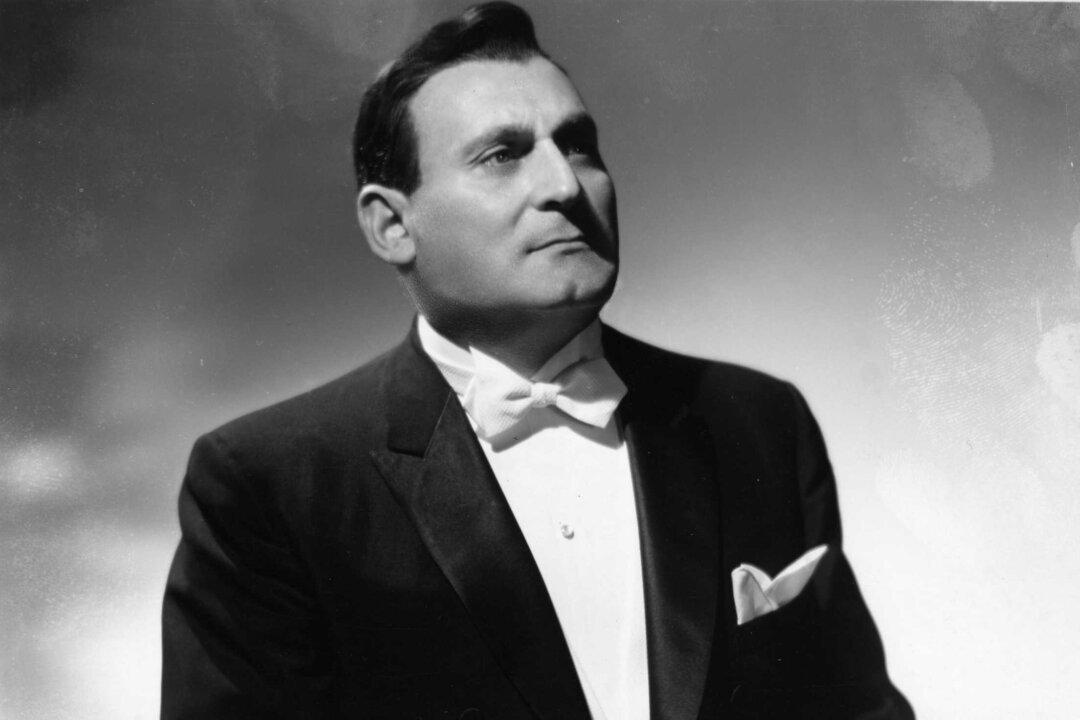Richard Tucker began his career at the Metropolitan Opera in 1945, before it even came to its Lincoln Center location, and went on to have a 30-year career with over 700 performances there, as one of America’s most beloved tenors.
Initially, he didn’t make the Met cut. Tucker had auditioned in 1944, but he was a tenor, and they were hiring a baritone. But he was remembered, and just days later, the general manager, Edward Johnson, went to hear him sing at the Brooklyn Jewish Center. Then, Johnson invited him to audition again—and he was hired.






